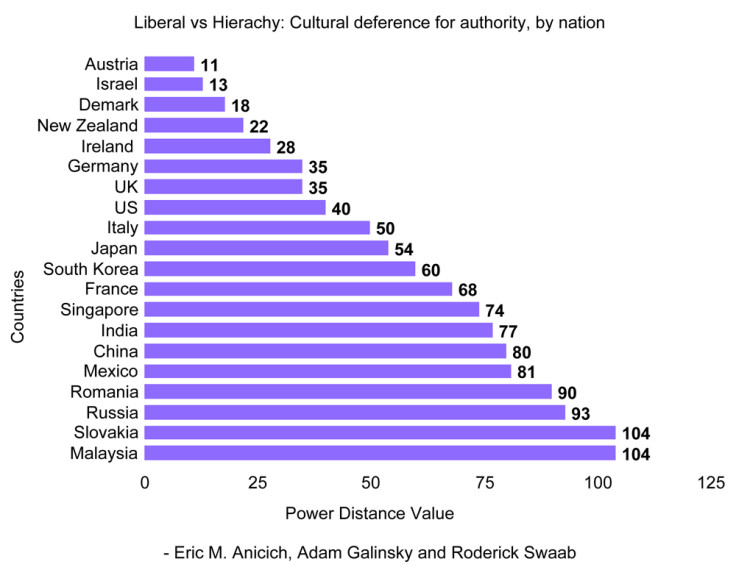Why Russians and Malaysians are more likely to conquer Mount Everest or will die trying
Your cultural background might affect your ability to perform well in high-pressure jobs

Researchers studying the psychology of organisations have found a person's cultural background can impact their performance of high-pressure jobs, such as flying aeroplanes or saving lives.
The team of researchers from INSEAD in France and Columbia Business School in the US analysed archived data from 30,625 mountain climbers on 5,104 Himalayan climbing expeditions to look at the success rates and mortality of people from different countries.
They also collected experimental data relating to expert mountain climbers from 27 countries.
Their study, "Hierarchical cultural values predict success and mortality in high-stakes teams", is published in the journal Proceedings of the National Academy of Sciences.
Which cultures were more likely to get to the top?
The researchers discovered the climbers who came from countries where there was a strong hierarchical social order, such as China, Malaysia, Slovakia and Romania, were more likely to get to the top of the mountain, or die trying.
In contrast, people from countries with much more liberal social orders, such as Austria, Denmark, New Zealand and the UK, tended not to be so bothered about getting to the summit of Mount Everest and were therefore less likely to die.
While the researchers studied climbers specifically, the psychology observed in group dynamics can be translated to other high-stakes team efforts, such as pilots, doctors and nurses.

"Hierarchy-led groups have the best and worst possible outcomes," Eric M Anicich, a doctoral student at Columbia Business School and co-author of the paper, told IBTimes UK.
"They were more likely to summit, but they were also more likely to die."
It has traditionally been observed by psychologists that hierarchy increases coordination within a group of people, but that it can also impair a group's performance by preventing low-ranking team members from voicing their perspectives.
The researchers observed both these characteristics in their research and they calculated each country's power distance value, which refers to the extent to which members of society accept the fact that power in institutions and organisations is distributed unequally (see graph above).
The concept of social order affecting a person's behaviour is not new. In the book Outliers: The Story Of Success, author Malcolm Gladwell reasons that the high rate of Korean and Colombian airline crashes has to do with the fact that the pilots obeyed air traffic control without question.
The story of US Airways Flight 1549, which successfully crash landed on the Hudson River with no loss of life after being struck multiple times by geese, contrasts this. The pilot, Captain Chesley B Sullenberger, argued with air traffic control and took the decision to make a controlled landing into the river.
Which is better: Hierarchy or liberal?
Previous studies have pointed out having a hierarchical culture can be of benefit to countries that experience natural disasters, disease outbreaks and wars as it can be easier to create and maintain social order in an emergency.
However, it has also been seen in hierarchical countries that higher-ranking individuals enjoy a better quality of life than people who have a lower rank in society.
"Hierarchy mutes the voices of low-ranking group members who may not feel comfortable speaking up or challenging authority," Anicich said.
It is also important for group architects to recognise employees within the group who possess unique domains of expertise and solicit different voices depending on the demands of the situation
"In dynamic situations, these people may have the key insight that can prevent disaster form occurring. A mistake people often make is thinking that hierarchy is either inherently good or inherently bad.
"The challenge is identifying ways to maximise the benefits of hierarchy while minimising the drawbacks: how to get the coordination benefits without the loss of perspectives and voices."
Anicich said companies should seek to have cultural diversity in their employees as "different perspectives can lead to creative insights that individuals from the same cultural background may not be able to produce on their own".
"It is also important for group architects to recognise employees within the group who possess unique domains of expertise and solicit different voices depending on the demands of the situation," he added.
"However, diversity of any kind needs to be effectively managed so that it does not lead to conflict or misunderstanding."
© Copyright IBTimes 2025. All rights reserved.




















